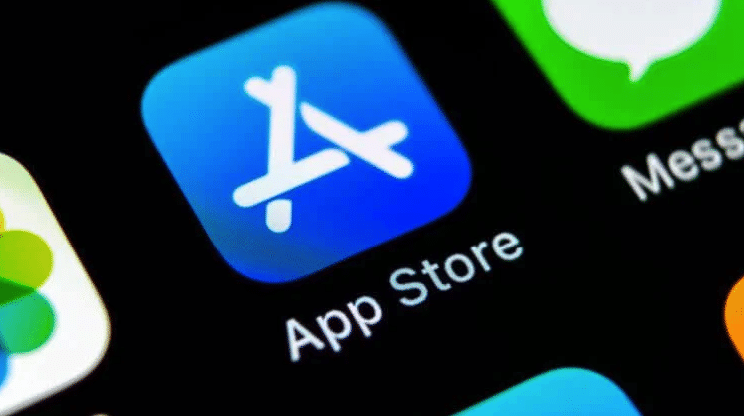Even though fans still love Apple and defend it in every possible way from outside attacks, more and more complaints have been made against it in recent years. Moreover, as a rule, they come from government agencies concerned with monopoly seizure of the market. They are confused that there are several niches in which Apple does not allow anyone, preferring to act there alone. In Cupertino, this is explained by concern for the safety of users. Still, the authorities are slowly but surely planning to squeeze Apple to make the market more free and competitive. For example, as is the case with the App Store.
In the US, they seriously want to oblige Apple to open access to alternative app stores on iOS.
The North Dakota parliament is seriously thinking about legally banning Apple from requiring developers to publish their apps exclusively on the App Store. Thus, it is planned to allow on iOS alternative software sources, which are now outlawed, and allow users to choose where to download applications. Now they don’t have that choice.
App Store analogues
This is the same Senator Kyle Davison who introduced the App Store Monopoly Bill.
Even though in principle such sites exist, in Cupertino they hinder their work in every possible way, provoking their creators to go underground and act with not entirely honest methods. Typically, they ask Apple for a corporate certificate. It is needed to run applications that are not distributed through the App Store. However, Apple monitors the misuse of credentials and blocks them.
The bill, which Senator Kyle Davison introduced, called for “levelling the game” for developers and protecting users from “destructive monopoly fees levied by large tech companies.” That is, according to the provisions of the bill, it will prohibit Apple from requiring developers to accept payments through the App Store’s built-in payment tool using its own.
Even though talks about obliging Apple to allow alternative app stores on iOS have been going on for a long time, and the company was even involved in the investigation into the monopoly case, no one seems to have tried to enshrine such provisions at the legislative level. Therefore, it is not surprising that Cupertino was seriously alarmed and commented on this topic to convey their position.
“The passage of the bill, which has been submitted to the North Dakota Senate, threatens to destroy the iPhone as you know it. These changes will undermine iPhone privacy, security, and performance. Apple is working hard to keep substandard apps out of the App Store, but North Dakota law requires us to reverse it, ”said Eric Neuenschwander, Apple’s Chief Privacy Officer.
Why Apple is a monopoly?
In fact, we are really dealing with a monopoly that Apple has established in mobile applications for iOS. Of course, iOS belongs to Apple and, logically, it may not allow third-party developers to access it at all. However, there are several aspects to understand:
- First, iOS has long since ceased to be a private platform. Application developers develop and popularize it on a par with Apple itself.
- Second, a few years ago, Microsoft was obliged to open access to Windows to developers of third-party browsers – and this was the beginning of the end of IE.
- Third, Google was recently fined for selling the Android license only along with its services, not allowing them to be abandoned.
So soon we can expect a large-scale shift of tectonic plates. After all, more and more people and government agencies are beginning to take an interest in the problem of monopoly. Obviously, the emergence of alternative app stores will change iOS most seriously. But Apple is not afraid to change the mobile app industry by prohibiting developers from tracking users, even though they have been doing this for years and have built a whole business model around it. It’s just that today Apple has become the one who is invited to abandon the vicious practice.
